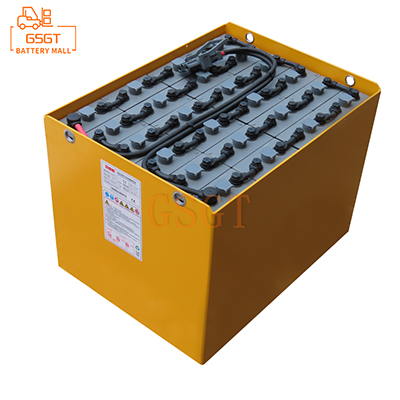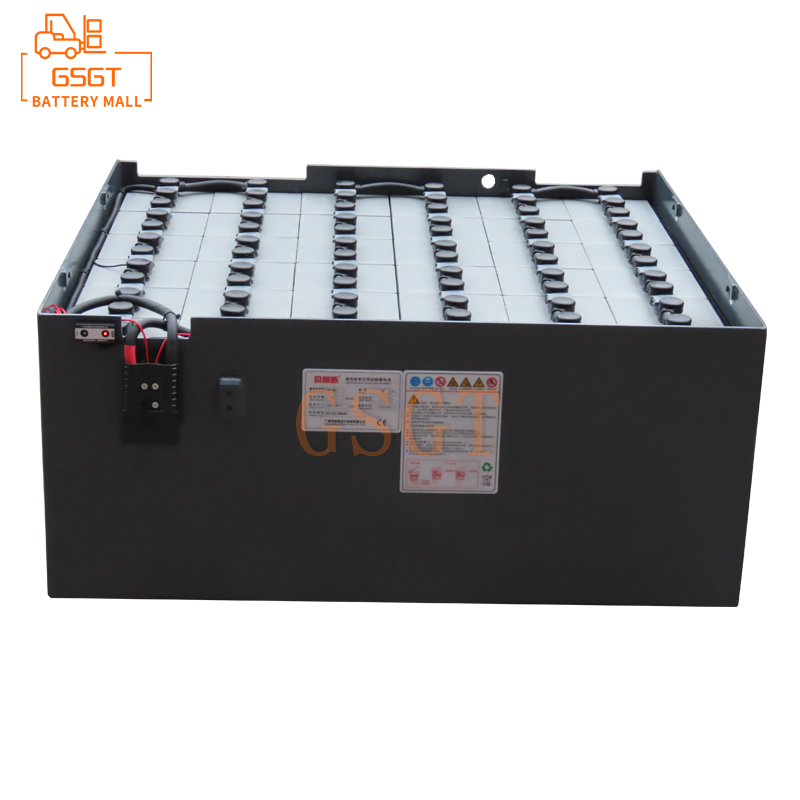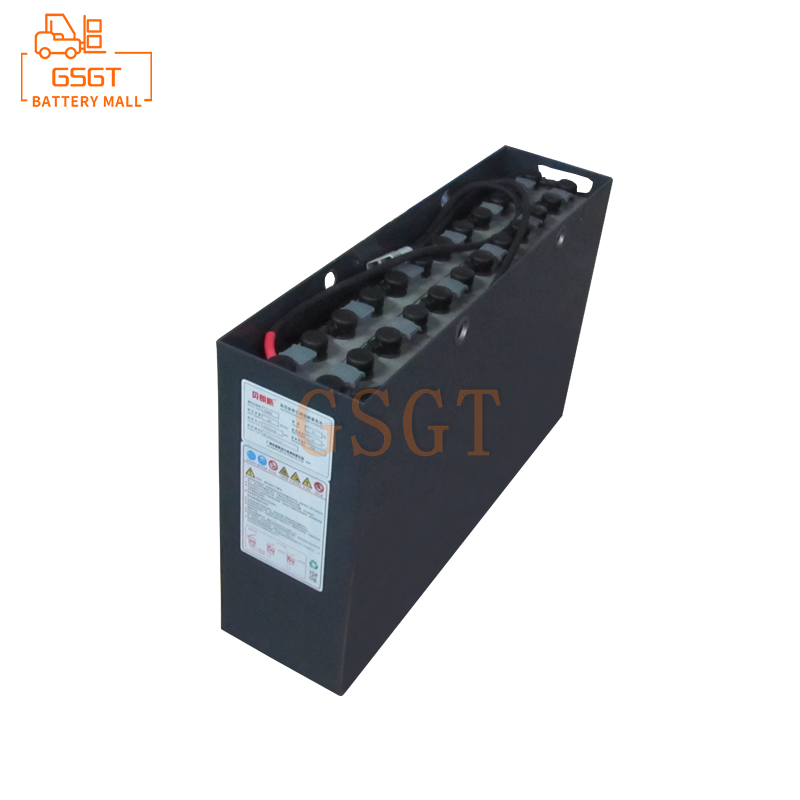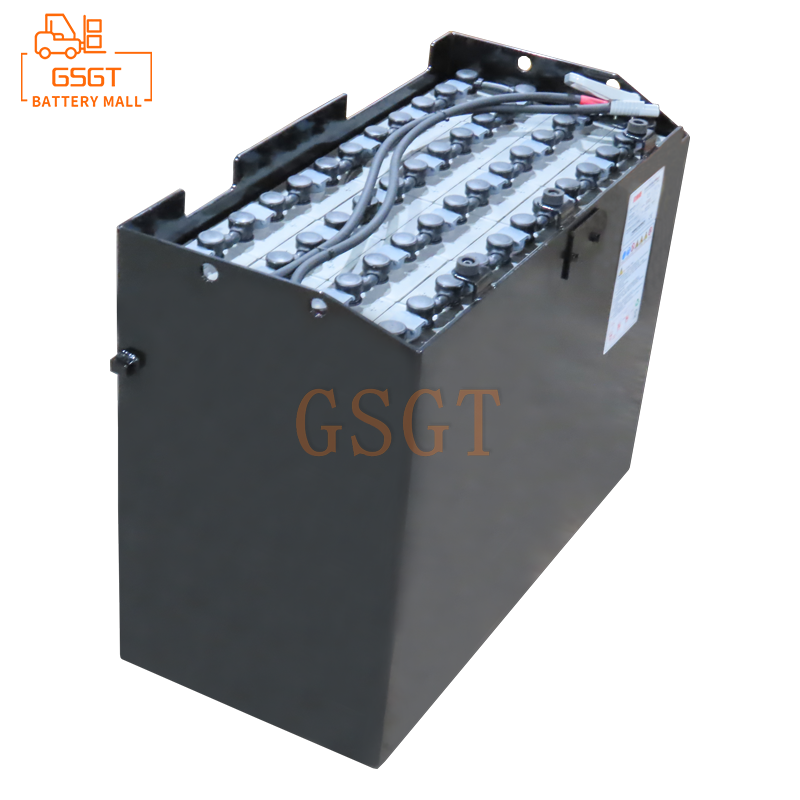Time:2025-06-09 10:49:29
Browse:672
Introduction
In the fields of modern logistics and industrial production, forklifts, as key material handling equipment, their efficient operation cannot do without reliable power sources. As the "heart" of a forklift, the performance of a forklift battery directly affects the forklift's working efficiency, service life and operating costs. With the continuous expansion and refinement of forklift application scenarios in various industries, standard-sized forklift batteries have become difficult to meet diverse demands. As a result, the manufacturing of non-standard forklift batteries has emerged, and customized services are playing an increasingly crucial role in this field.
The market demand for non-standard forklift batteries
Special working environment requirements
In some special industries, such as mining, chemical engineering, cold storage, etc., the working environment for forklifts is complex and harsh. The underground space of mines is narrow and full of dust. The traditional forklift batteries are too large in size to move flexibly, and at the same time, they need to have higher explosion-proof and dust-proof performance. In chemical enterprises, forklifts may come into contact with corrosive substances, which requires that the material of the battery casing be special and the size be compatible with specific protective devices. The cold storage environment is low-temperature. Non-standard size batteries can optimize the internal structure, enhance low-temperature adaptability, and ensure the stable operation of forklifts in cold conditions
Personalized design requirements for equipment
Some enterprises, in order to enhance production efficiency and optimize work processes, will carry out personalized design and transformation of forklifts. It needs to be precisely matched with the specific shelf layout and the height of the conveyor line. This requires that the size of the forklift battery closely fit the unique design of the forklift, providing power guarantee for the efficient and coordinated operation of the equipment.
Demand for the renovation of old equipment
A large number of old forklifts in stock, due to their long design years, are equipped with batteries that no longer meet the current standards and are difficult to obtain on the market. By customizing non-standard size batteries, these forklifts that still have practical value can be "revitalized", helping enterprises save equipment renewal costs and achieve the maximum utilization of assets.
Technical Challenges and Coping Strategies of Customized Services
Difficulties in battery structure design
Non-standard dimensions mean that the internal structure of the battery needs to be redesigned to ensure a reasonable electrode layout and electrolyte distribution, so as to maintain good electrochemical performance. To address this challenge, manufacturing enterprises need to rely on advanced computer-aided design and simulation software to simulate the performance of batteries under different working conditions, and repeatedly optimize the design plan until the best performance indicators are achieved.
Material compatibility issues
Batteries of different sizes have different requirements for materials. To meet the performance requirements in special environments, it may be necessary to select special electrode materials, electrolyte formulations and casing materials. For forklifts operating in high-temperature environments, electrode materials and electrolytes that are resistant to high temperatures and have strong stability should be used. At the same time, the battery casing should have good heat insulation performance. Manufacturing enterprises should closely cooperate with material suppliers to carry out material research and development and testing, and establish a material performance database, so as to quickly screen suitable materials according to different customization requirements and ensure the quality and performance of batteries.
Production process adjustment
The production of non-standard size batteries cannot rely entirely on traditional production lines; targeted adjustments to the production process are required. From the manufacturing and assembly of plates to the packaging of battery packs, each link may encounter new problems. For example, the coating process of non-standard size plates needs to re-adjust the parameters to ensure the uniform adhesion of active substances. When assembling the battery pack, special tooling fixtures need to be designed to ensure the precise installation of each component. Enterprises need to cultivate a group of highly skilled and experienced process engineers to monitor and optimize the entire production process. At the same time, they should introduce advanced automated production equipment to enhance production accuracy and efficiency and reduce the impact of human factors on product quality.
The manufacturing process of customized services
Demand communication and solution design
After the customer puts forward the demand for non-standard forklift batteries, the sales and technical teams of the manufacturing enterprise need to have in-depth communication with the customer to fully understand the usage scenarios, work intensity, performance expectations and other information of the forklift. Based on these requirements, the technical team, applying professional knowledge and experience, combined with design tools, tailors a battery design plan for the customer, including size specifications, electrical performance parameters, structural design drawings, etc. They also explain in detail to the customer the feasibility and advantages of the plan, and optimize and adjust it according to the customer's feedback until both parties reach an agreement.
Raw material procurement and quality control
According to the determined design plan, the purchasing department precisely purchases the required raw materials and components. Due to the particularity of non-standard products, some materials may need to be customized or obtained from special channels. During the procurement process, quality inspection standards are strictly implemented. Random checks are conducted on each batch of raw materials to ensure that their performance and specifications meet the design requirements. For instance, strict tests are conducted on the purity of electrode plate materials and the composition ratio of the electrolyte to ensure product quality from the source.
Production manufacturing and process monitoring
In the production process, skilled workers operate advanced equipment in accordance with the optimized production techniques for production. From the production of plates, the assembly of battery cells to the assembly and debugging of battery packs, quality control points are set up for each process. Through online monitoring, regular spot checks and other methods, the product quality is monitored in real time. During the battery assembly process, high-precision detection equipment is used to test the internal resistance and voltage consistency of the batteries, promptly identifying and resolving issues to ensure that every non-standard size forklift battery leaving the factory has outstanding performance and reliable quality.
Product testing and delivery
After the product is manufactured, a comprehensive performance test is required. Simulate the actual working environment of forklifts to conduct charge and discharge cycle tests, high and low temperature performance tests, safety performance tests, etc. on the battery, ensuring that the battery can operate stably under various working conditions. Only products that pass all tests will be packaged, labeled and delivered to customers in a timely manner. At the same time, provide customers with detailed product user manuals, maintenance guides and technical support to ensure that customers use and maintain the battery correctly.
The advantages and value of customized services
Improve the operational efficiency of forklifts
Non-standard size batteries suitable for forklifts can be perfectly matched with components such as forklift motors in terms of electrical performance, reducing energy loss, enhancing the stability of power output, making forklifts run more smoothly during handling, loading and unloading operations, effectively shortening the operation cycle, and improving overall production efficiency.
Reduce the operating costs of enterprises
On the one hand, customized batteries can extend the service life of forklifts and reduce the frequency of equipment maintenance and replacement due to insufficient power or battery failure. On the other hand, precisely matched batteries can reduce energy consumption and save electricity costs. In the long term, it can significantly reduce the operating costs for enterprises.
Enhance the competitiveness of enterprises
For forklift manufacturing enterprises, providing customized non-standard size battery services can meet customers' personalized demands, expand product lines, increase product added value, stand out in the fierce market competition, and win more customers and market share.
Conclusion
Customized services hold an irreplaceable and significant position in the manufacturing of non-standard forklift batteries. They are a key force in meeting the diverse demands of the market, promoting technological progress in the industry, and enhancing the competitiveness of enterprises. By overcoming technical challenges, optimizing manufacturing processes, and providing high-quality products and services, non-standard size forklift battery manufacturing enterprises will enjoy broader development space in the future market and provide solid power support for the efficient and sustainable development of various industries.

$3405

$4045

$1060

$3370

MESSAGE
Professional And Efficient
Security
Affordable Price
Professional Services